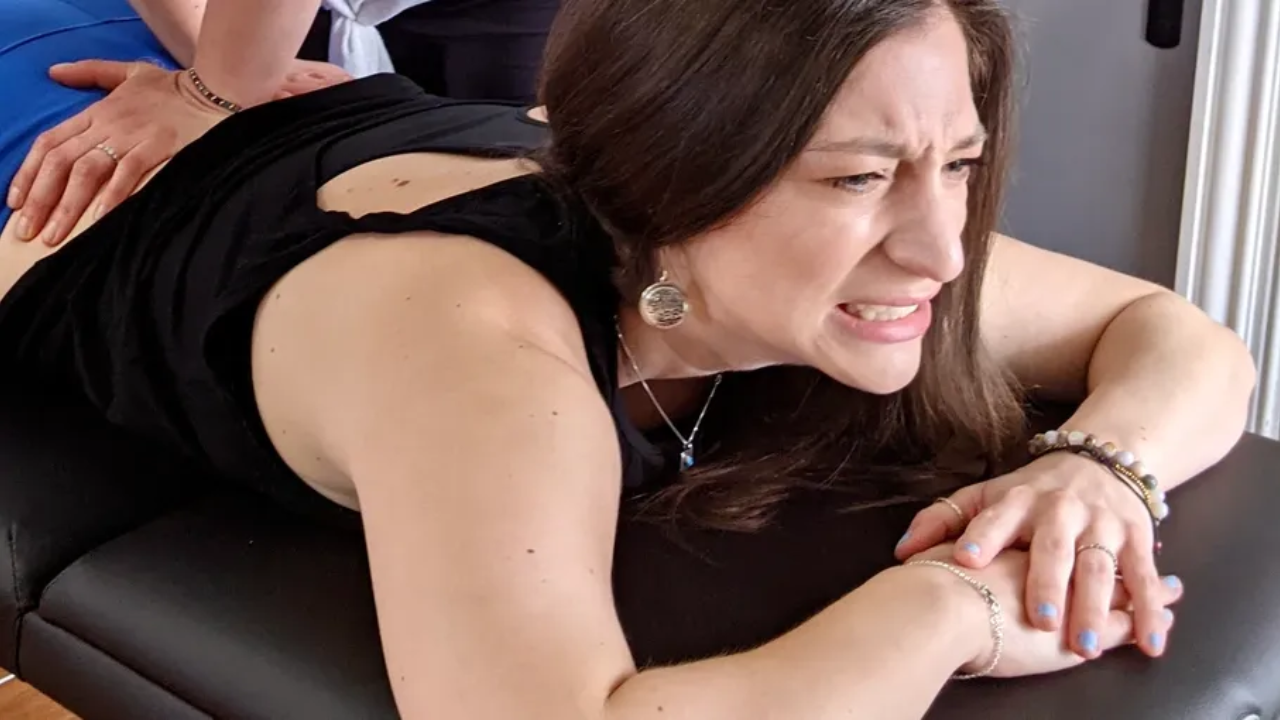Is Pain All in Your Head?
Jan 20, 2023
So, is pain all in your head? Our society has created this idea about pain being a direct result of a wound, injury, or illness. But, pain is actually a construct. It's NOT that the pain is all in your head, as in, it's imaginary! It's that pain is actually a signal created by the nervous system and sent to the brain when the body senses something that it perceives as a threat to the body, not by the tissues themselves. Sometimes those perceptions and alert signals that the brain sends you are exaggerations or total misinterpretations of the picture because you are in fact, safe, and not in a life-threatening situation. But, the brain's initial reaction was to think that there was a life-threatening factor present. This interpretation is influenced by a multitude of factors including previous experiences that may have been quite dangerous and terrifying. This means that you have more power than you realize, to fine-tune the interpretation and then lessen your experience of pain.
Pain is mental and physical. The experience of pain is a complicated one that involves both the body and the mind...it's perceived and interpreted differently by everyone because it's created by unconscious physiological reactions first, followed by conscious cognitive interpretations second. Once the body has a reaction--which you don’t choose, by the way--the cognitive part of the brain then creates a narrative to make sense of your body’s reaction. Those thoughts are based on so many different factors, including personality, thoughts, beliefs, culture, and past experiences. Sometimes those thought sequences are unrealistic, exaggerated, unfairly blaming, and just plain, inaccurate. When this happens, we tend to feel worse emotionally, about ourselves, others, and the world. The good news is, we can revise that narrative!
Furthermore...Stress affects the body. If you have or have had any particularly stressful life experiences, or you're feeling anxious or stressed lately—who isn’t these days?—you are more vulnerable to experiencing pain, and in turn, may consciously or unconsciously try to avoid actions likely to trigger that pain. That deliberate or unintentional avoidance may be getting in the way of your physical movements, functioning, perception of capability or what you can tolerate, and your overall sense of well being and satisfaction. And, as you may have guessed...physical therapy and mental health counseling can help you sort this out. Phew!
There's much more to say on the topic of pain, our perceptions, and our physiological and cognitive responses--look out for future posts!
#mindbodyconnection #physicaltherapy #pain #painmanagement #powerfulwomenshealth #pelvicfloorphysicaltherapy #pelvichealth #anxiety #mentalhealthmatters #mentalhealthawareness #mindandbody #painanxiety

